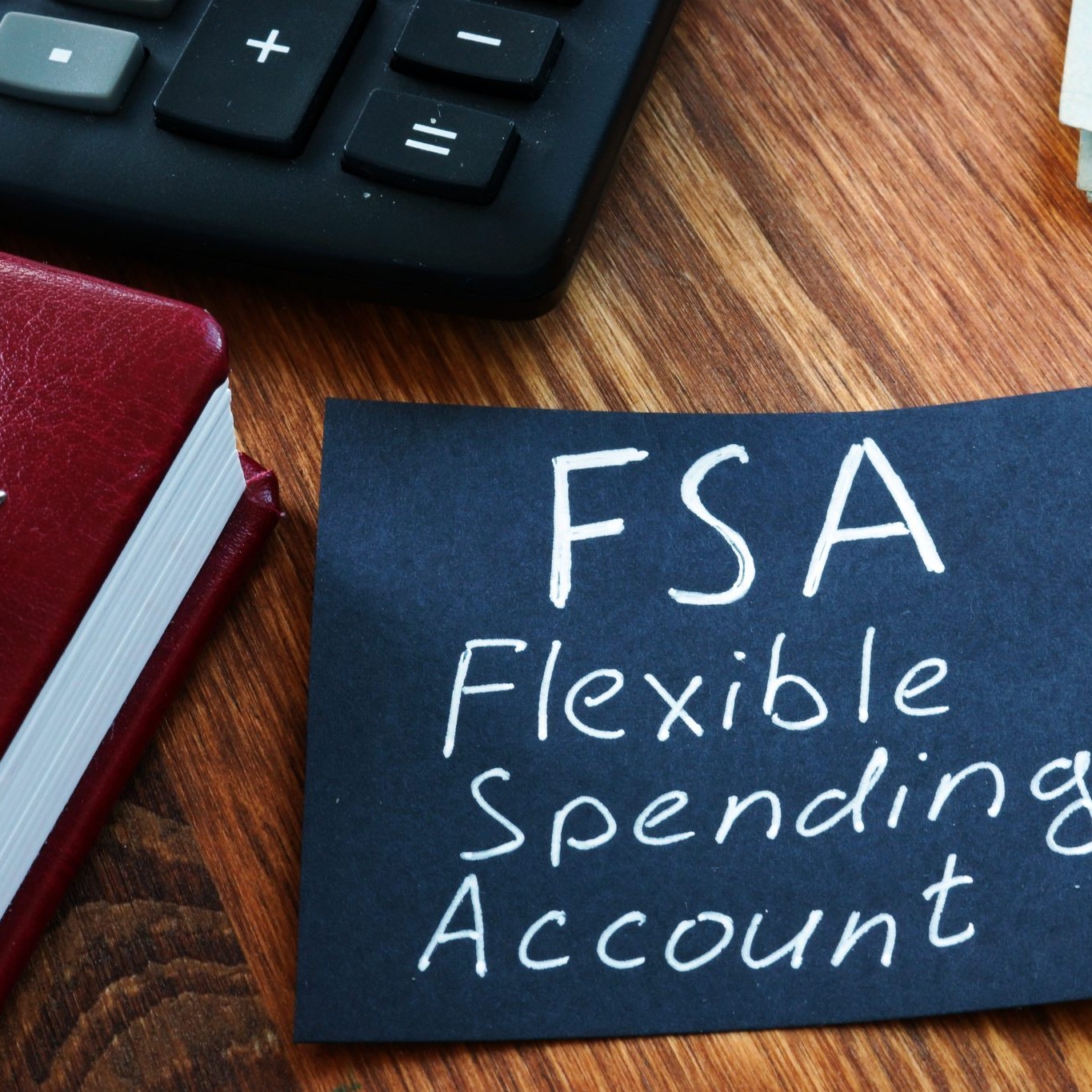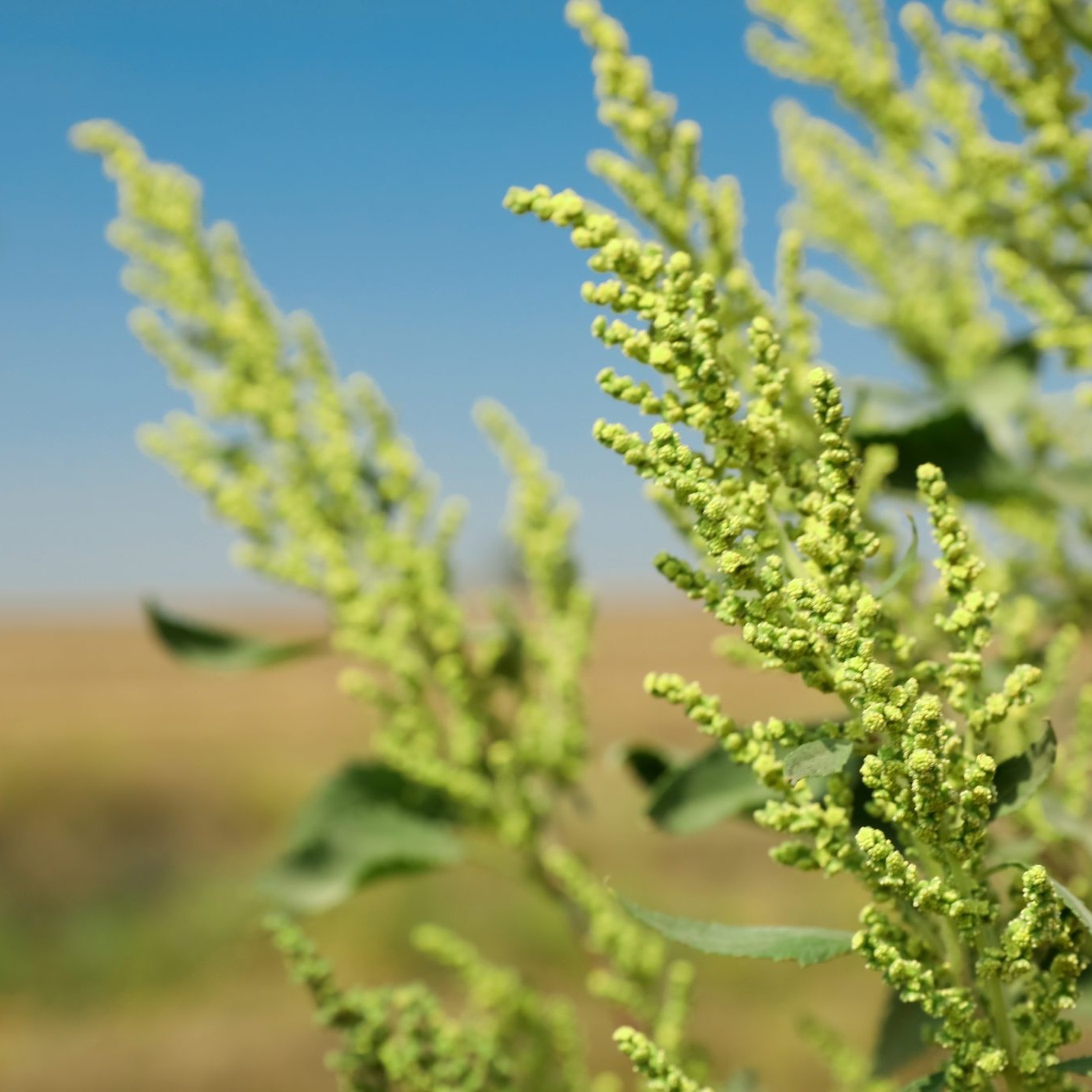Fall has arrived and so have shorter days, cooler weather, and football season! Unfortunately for some, football, food and fall allergies go hand in hand. This is especially true in the southern and western regions of the US where some weed allergens peak in the fall. The idea of sneezing and wheezing with itchy, watery eyes while watching a game or practice can be dreadful. Perhaps more concerning is visiting major sports venues if you or a loved one have food allergies.
Outdoor Allergies
It is common to check the weather forecast to plan for warm or cool temperatures when attending sporting events. A good habit may be to also check the local pollen counts in the area. Keep in mind that peak pollen times are typically in the first half of the day, specifically 5 a.m. to 10 a.m. Attending practices or games midday, in the afternoon, or in the evening may help to reduce exposures.
Avoidance for Fall Allergies
If you have a future MVP of your own, packing some wet wipes could be helpful. Wiping down their hands, face and neck can combat those distracting allergy symptoms when out on the field. Also, verify any allergy medication they take will not make them drowsy during their practice or game. Non-sedating medication options or allergen immunotherapy may be worth discussing with their provider.
After practices or games, changing out of the clothing worn while participating or spectating can help alleviate allergy symptoms. Also helpful is an immediate shower, particularly before crawling into bed. Showering will help to wash away any allergens that have adhered themselves to your skin or hair. This is especially important to keep them out of the immediate space and air you breath in all night.
Food Allergies
If food allergies are a concern, planning ahead can alleviate a lot of anxiety and allow for a smooth trip. Always make sure to carry a minimum of two epinephrine auto injectors if one is prescribed to you or a loved one. Make sure the epinephrine autoinjector is carried in a way it can be accessed and administered within 60 seconds of a need arising. The Food Allergy Research and Education (FARE) organization recommends “to reach out directly to the venue to learn more about their efforts” in regard to additional steps they may be taking to ensure your family’s safety at the game.
Food Allergy Tips
Some suggested topics to cover when you contact the venues are:
- Availability of allergy friendly games, sections, or suites
- Is power washing utilized for seating, and traffic pathways at the stadium?
- Are ingredient lists available upon request at the concessions?
- Policy for bringing in safe meals and snacks
- Locations for emergency responders
Planning and communication make it possible to avoid fall allergies and enjoy football season. Communicate with family, friends, coaches, players, and venues, and create a plan that is right for your family. However, missing out on football season does not have to be part of that plan. If you or your loved ones are not quite sure if allergies are playing a roll, or if the allergy medication is just is not cutting it, consider contacting your provider and discussing allergy testing and starting allergen immunotherapy.
Amanda Hofmann, MPAS, PA-C, is a graduate of Duquesne University, in Pittsburgh, Pennsylvania. After spending eight years in clinical practice, she joined United Allergy Services as the vice president of clinical. Amanda is also the past president of the Association of PAs in Allergy, Asthma, and Immunology.
United Allergy Services is also on Facebook, LinkedIn, or Twitter. See other interesting and related articles on the UAS Blog.
You may also be interested in . . .
FSA/HSA Plans for Allergy Services
Environmental allergies are a common ailment that affects approximately 50 million Americans every year. Whether you suffer from year round or just…
Ragweed and Fall Pollen Allergies
Back to school season is here! Shorter days, crisp, cool evenings, and beautiful fall foliage are on the horizon. This time also marks the onset of weed…
Back to School Action Plan for Allergies and Asthma
As the final days of summer break come to a close, families everywhere are preparing for children to return to school. Whether this is the first year a…




